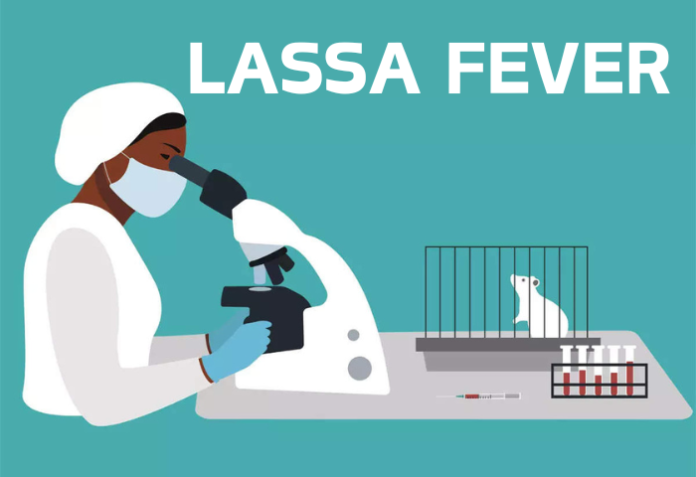Lassa Fever
Lassa fever is caused by the Lassa virus (part of the arenavirus family), which is a severe viral hemorrhagic illness. Humans are mainly affected by this virus by using the contaminated food containing urine and excretion of infected Mastomys rats. This disease is commonly present in the rodent population in parts of West Africa.
Countries affected :
Lassa fever is mostly present in West African countries, namely Sierra Leone, Togo, Nigeria, Liberia, Ghana, Mali, and Benin.
Contagious :
The virus spreads transmit from person to person and through laboratory infection due to lack of control measures. The mortality rate is 1%. Among patients who are hospitalized with severe clinical presentation of Lassa fever, case-fatality is estimated at around 15% . Quick analysis and fast treatment could improve survival. Nearly 80% of people infected with Lassa fever are asymptomatic. Health Experts say, about 1 in 5 people having lassa fever will be affected severely, and it will damage various organs in our body like liver, spleen, and kidneys.
Symptoms
- The period of incubation for Lassa fever takes 2-20 days.
- The symptoms start with fever, body pain and weakness followed by headache, painful throat, chest pain, vomiting, diarrhea, cough, and stomach.
- In severe cases, the patient may feel a facial bulge, liquid in the lung infection, bleeding from the nostrils, mouth, vagina, and Low BP.
- The patient may diagnose with protein in the urine get worse effects, for instance, shock, seizures, tremor, disorientation, and coma.
- It also leads to deafness even in the patient who recovered 25%.
- Temporary hair loss and gait disturbance may occur at the time of recovery.
- In severe cases, death may occur in 14 days.
Pregnant Ladies
Pregnant ladies suffering severe from this fever may lead to death and foetal loss in more than 80% of cases in the third trimester.
Treatment
- There is no proven vaccination for Lassa fever.
- For the evaluated treatment for Lassa fever, antiviral drug ribavirin suggested in all countries for effective recovery.
- It has been evaluated by providing a range of potential medication as well as immune therapies and drug therapies.
- There is no proven evidence in the role of ribavirin in the treatment of Lassa fever.
Prevention
- Prevention from Lassa fever is from educating the people for community hygiene.
- Should take measures to avoid rodents entering the house.
- Use rodent-proof containers to store foods.
- Keep the house clean and neatly by disposing of waste foods far away from home.
- Teach your family members to stay safe while taking care of a sick person.

